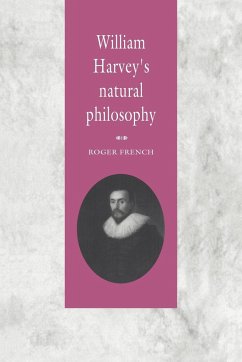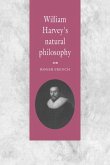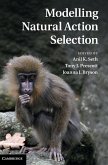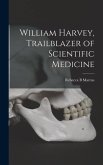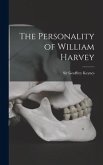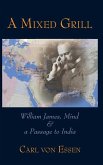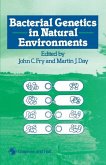William Harvey's natural philosophy was a view of the world that he had put together during his education in Cambridge and Padua. It contained ways of structuring knowledge, formulating questions and arriving at answers that directed the programme of work in which he discovered the circulation of the blood. Harvey addressed himself to people with related philosophies, and it is necessary to be aware of seventeenth-century modes of exposition and evaluation of knowledge if we are to understand how Harvey's contemporaries reacted to his work. This book, the most extensive discussion of Harvey to be published for over twenty-five years, reports extensively on the views of those who wrote for and against him. It is a study of a major change in natural philosophy and of the forces which acted for and, equally important, against change. In a period traditionally central to historians of science, it is argued here that natural philosophy, and particularly Harvey's specialty within it - anatomy - was theocentric. Harvey's contribution was experiment; and the revolution which occurred in the seventeenth century was concerned not with science but with experiment and the status of natural knowledge.
Hinweis: Dieser Artikel kann nur an eine deutsche Lieferadresse ausgeliefert werden.
Hinweis: Dieser Artikel kann nur an eine deutsche Lieferadresse ausgeliefert werden.

